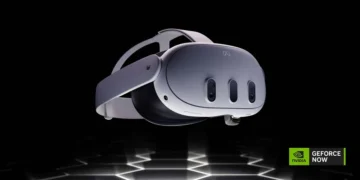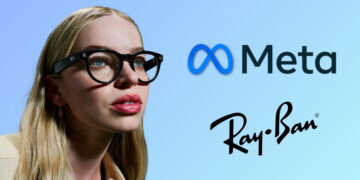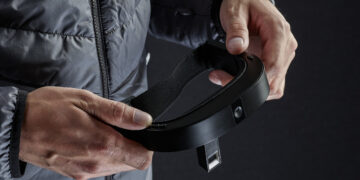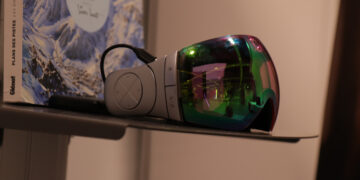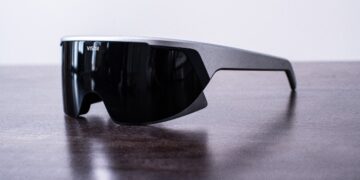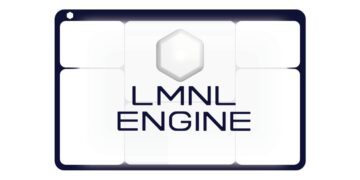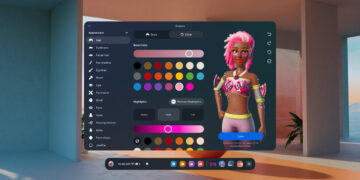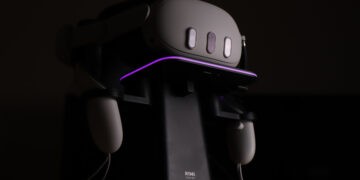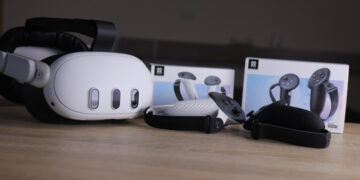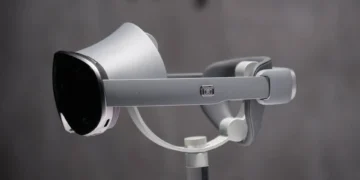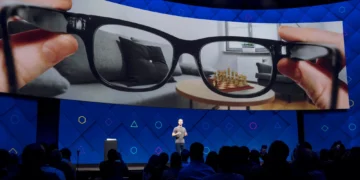The successful line of Meta Ray-Ban smart glasses is set to receive its next iteration this year. While a HUD Display is expected to be included, full AR won’t happen yet
The VR and MR market is flourishing, with Meta leading the charge. However, new competitors like Apple, Google, Samsung, and Sony are entering the space, creating fresh challenges. A similar trend will soon be evident in the AI smart glasses market. While Meta has yet to release a product with true Augmented Reality capabilities, their Orion prototype demonstrates significant breakthroughs, bringing the development of AR glasses closer to reality. In the AI smart glasses arena, Meta, in partnership with EssilorLuxottica, holds a dominant position, delivering a product that exceeded even their expectations in terms of demand.
This hasn’t gone unnoticed by other companies – rumors suggest that Apple, Google, and Samsung are also exploring the development of AI smart glasses similar to Meta’s Ray-Ban line. However, it appears Meta may already have a significant head start before these competitors enter the market.

According to the Financial Times, Meta is set to release new Meta Ray-Ban Glasses with a HUD display this year. The screen will support features like displaying notifications, simple text and images, scanning QR codes, real-time language translation, and outputs from the Meta AI Assistant. This allows users to opt for discreet visual answers to their questions, displayed on the HUD, rather than having them read aloud.
This isn’t entirely new information either. In our article from a year ago, we outlined Meta’s rumored plans for the AR market, including details about this year’s Meta Ray-Ban glasses. Notably, much of this information surfaced in Alex Heath’s report on Meta’s product roadmap. That report also mentioned that these glasses would feature a neural band – similar to the one seen in the Meta Orion prototype – enabling control through subtle hand gestures.
A report from The Information suggested that Meta’s current partner, EssilorLuxottica, would not collaborate on the next Meta Ray-Ban model due to concerns over the glasses’ thickness, which resulted from incorporating a waveguide projector. However, this report emerged before Meta acquired a 5% stake in the company. Since then, both companies have extended their partnership into the next decade.


